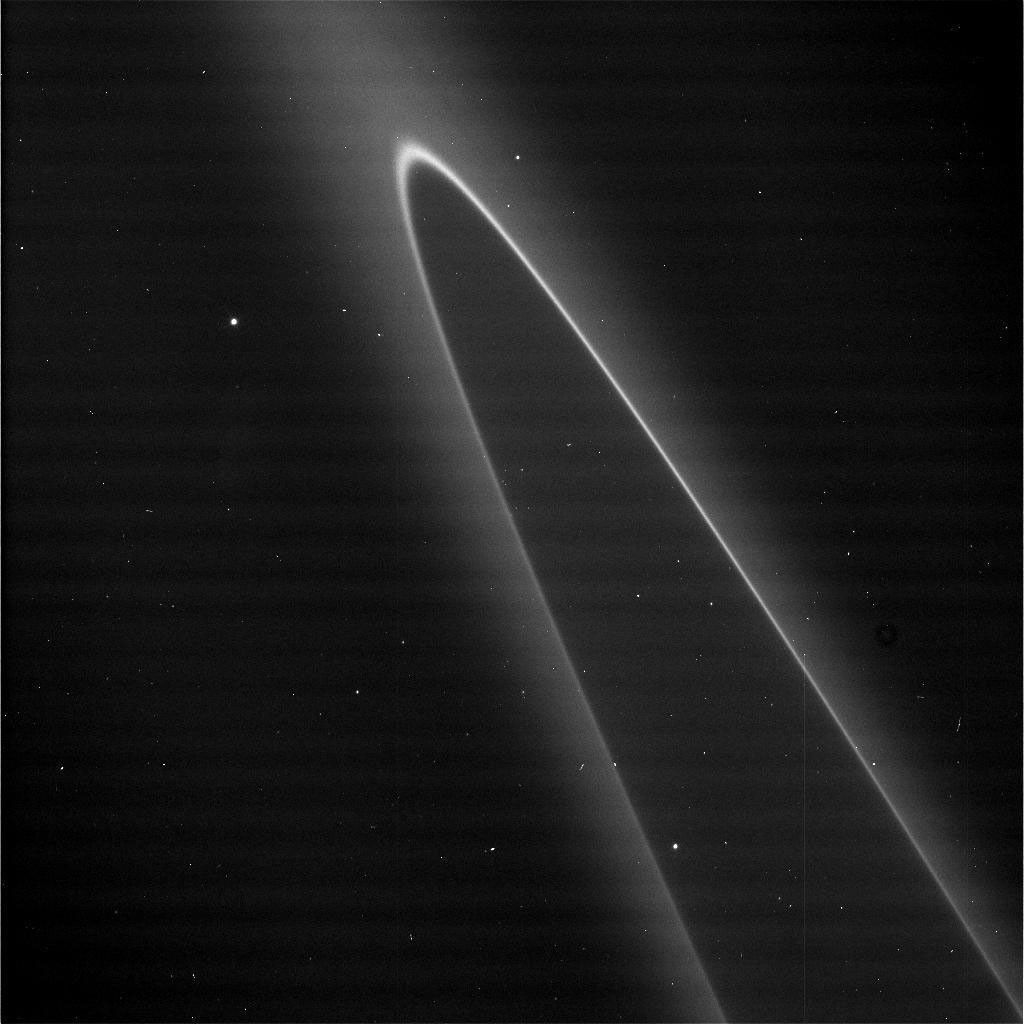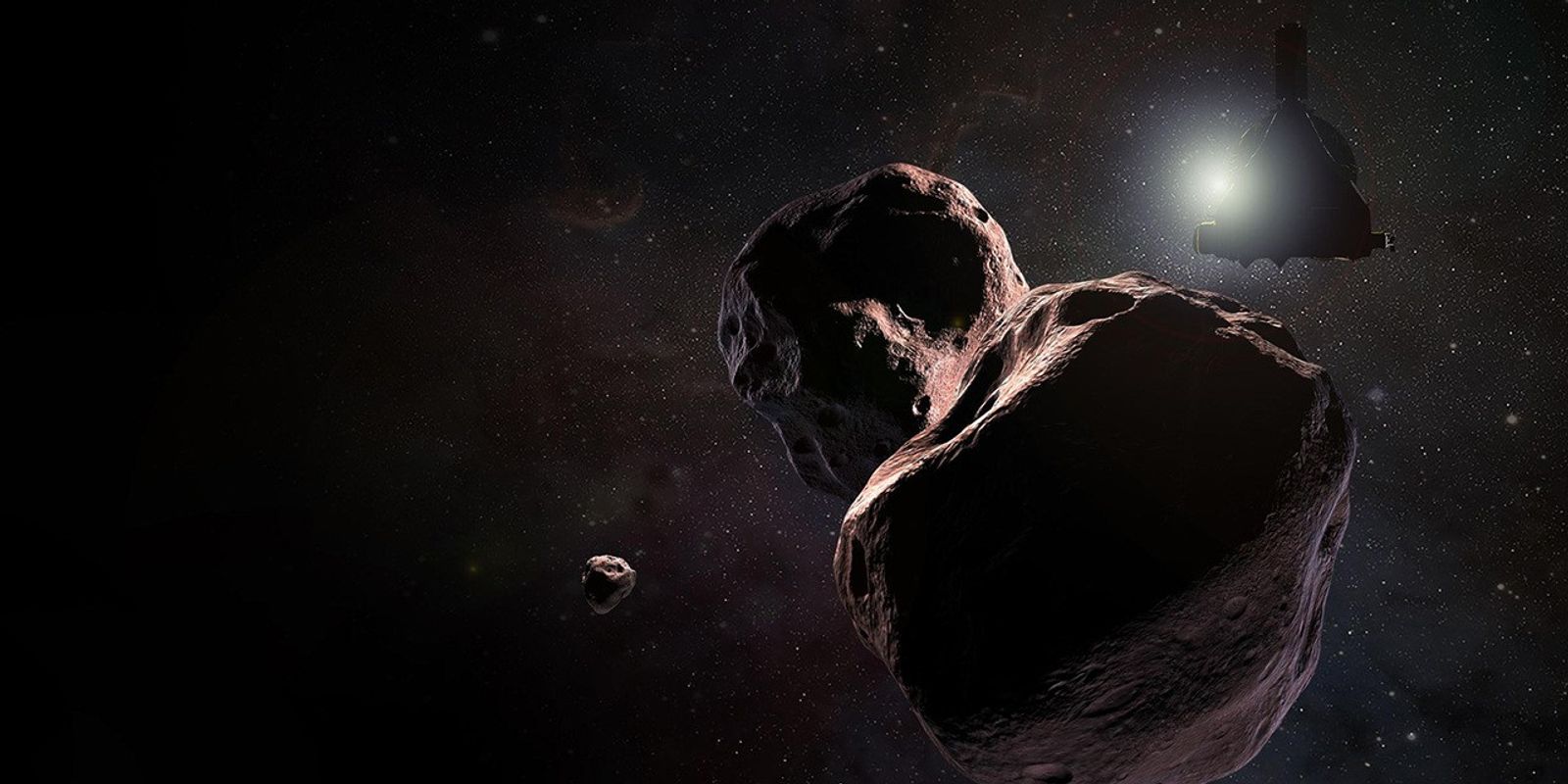| Event | Date | Spacecraft Time (UTC) | Local Time (PDT) | Notes |
|---|---|---|---|---|
| Apoapse | Apr 29 | 2:22 p.m. | 7:22 a.m. | |
| Ring Crossing #2 | May 2 | 7:38 a.m. | 12:38 p.m. | |
| Downlink | May 3 | 2:13 p.m. | 7:13 a.m. | Estimated Earth Received Time (ERT) is 8:30 a.m. on May 3. |
During this orbit, Cassini rolls to calibrate its magnetometer (MAG) for the high-intensity magnetic field observations to be performed when the spacecraft is nearest Saturn. This is the first time MAG has made this sort of observation.
- Cassini’s imaging cameras, the Imaging Science Subsystem (ISS), takes advantage of the last opportunity to observe Saturn's rings at extremely high phase angles while the Sun is hidden behind Saturn, allowing the instrument to survey faint ringlets in the main rings, many of which are difficult to observe outside of this geometry. The ISS also collects images to produce a movie to monitor various structures in Saturn’s D ring.
- The spacecraft’s Composite Infrared Spectrometer (CIRS) observes Saturn’s moon Rhea in infrared to narrow down the composition and structure of the moon’s surface material.
- During this orbit, Cassini gets within 1,820 miles (2,930 kilometers) of Saturn’s 1-bar level. Cassini also passes within 2,980 miles (4,780 kilometers) of the inner edge of Saturn’s D ring.
Grand Finale Orbit Guide
A complete overview and highlights of Cassini's 22 final orbits.
Grand Finale Resources
A collection of graphics, documents, videos and other resources that showcase the Cassini mission's Grand Finale on Sept. 15, 2017.
Frequently Asked Questions
What day will the mission end (September, 15, 2017)? Did we always plan to plunge into Saturn? What will Cassini's final moments be like? What will we see? Get answers to these questions and many more in our FAQ section.





































